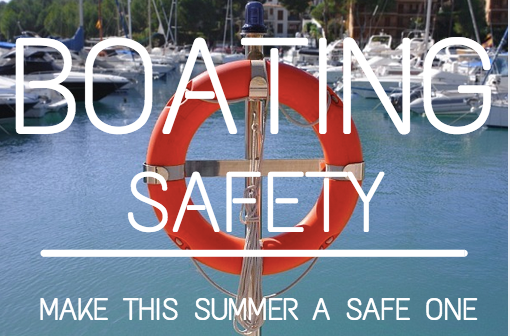The Transport Operations (Marine Safety) Act 1994 imposes a general safety obligation on all vessel owners and operators, masters and crew to operate vessels safely at all times. This responsibility includes making sure the ship is:
- safe
- properly equipped and maintained
- operated in a safe manner.
The general safety obligation prohibits a vessel from going to sea if it is not properly built and maintained, equipped, crewed and operated in line with its proposed operating environment.
Be a responsible skipper, before you head out on the water follow these simple tips:
- Check that your boat is in good condition.
- Check that you have all the required safety equipment on board. Ensure all safety equipment is in good condition and easily accessible, in case of an emergency. Make sure everybody on board knows where the safety equipment is stored.
- Report your trip. Let someone know where you are going, how many people are on board and when you intend to return.
- Have the right marine licence. Make sure you and your crew know how to handle the boat for where you are going.
- Know how to use your marine radio, which channels to use and when.
- Check the weather before you go out.
- Make sure you have enough water and fuel for the whole trip.
- Go easy on the drink—waves, wind and weather multiply the effects of alcohol. Far too many boating fatalities involve alcohol.
- Know the rules of the sea-road, and follow them.
- Lifejacket—wear it! If it’s not on, it can’t save you.
The Australian Volunteer Coast Guard and Volunteer Marine Rescue are the state’s volunteer marine rescue organisations. They exist to provide boating safety education, marine radio communications and emergency search and rescue services for recreational boaties.
Get to know your local base—visit coastguard.com.au/flotillaqld and marinerescueqld.org.au.
